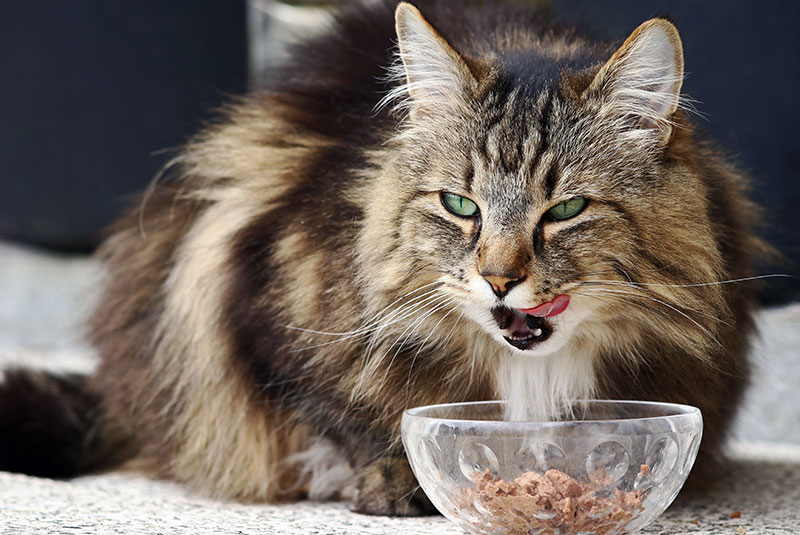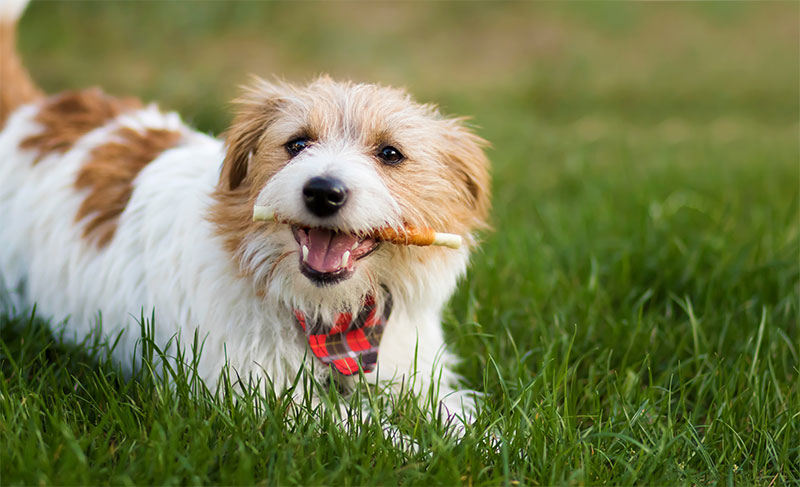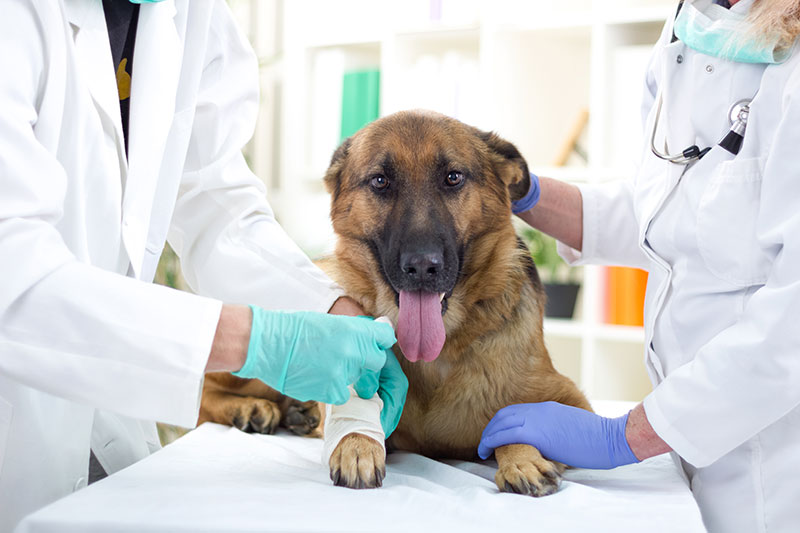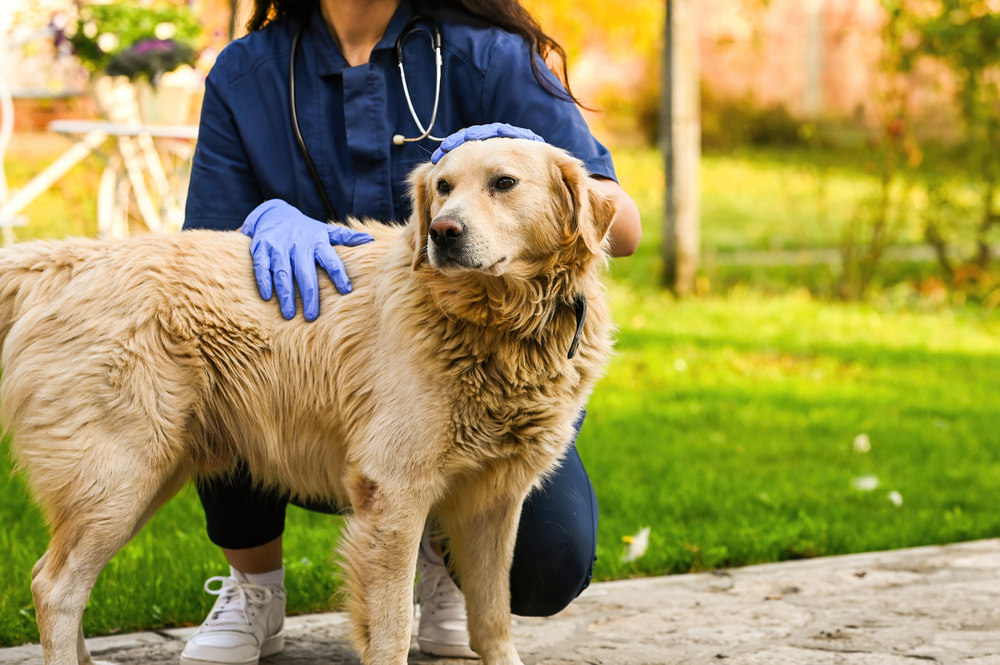
Tis the Season to Be Cautious: Foods to Avoid Giving Your Pet During the Holidays
The Holiday Temptation

The Naughty List - Foods To Avoid Giving Your Pet This Holiday Season
Chocolate:
The sweet delight that tops many holiday dessert tables is a grave danger to pets. Chocolate contains theobromine, a stimulant that, when ingested by pets, can lead to vomiting, diarrhea, increased heart rate, and even seizures.
Bones:
It might seem natural to toss your pet a bone after finishing a holiday feast, but bones can splinter and cause severe damage to the digestive tract. Poultry bones are particularly hazardous, as they can break into sharp fragments.
Onions and Garlic:
These aromatic additions to many holiday dishes contain compounds that can cause damage to a pet’s red blood cells, leading to anemia. Whether raw, cooked, or in powdered form, it’s best to keep onions and garlic away from your furry friends.
Alcohol:
The merriment of the season may include a glass of wine or a festive cocktail, but alcohol is toxic to pets. Even a small amount can cause lethargy, coordination problems, and in severe cases, respiratory failure.
Nuts:
Many holiday recipes feature nuts, but some varieties, like macadamia nuts, can be toxic to pets. Ingestion can lead to weakness, vomiting, and elevated body temperature.
Grapes and Raisins:
While a popular snack, grapes and raisins can cause kidney failure in pets. Even small amounts can be harmful, leading to symptoms such as lethargy, vomiting, and decreased appetite.
Xylitol:
This sugar substitute is commonly found in sugar-free gum, baked goods, and candy. Ingestion can lead to a rapid release of insulin, resulting in hypoglycemia (low blood sugar). Symptoms include seizures and loss of coordination.




